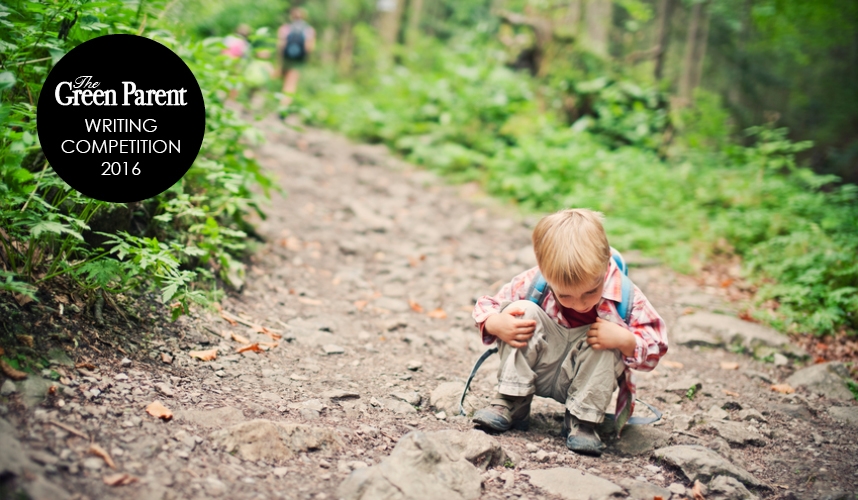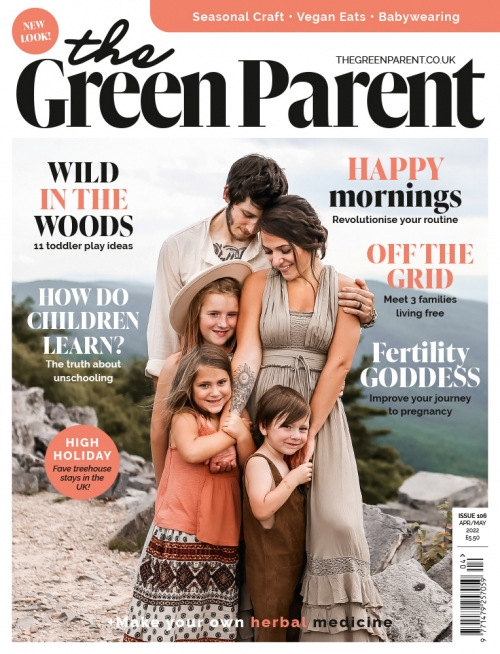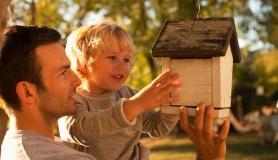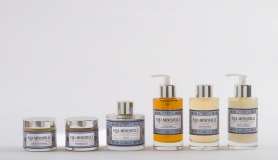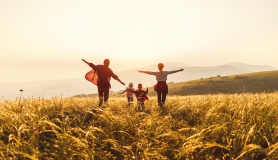They all tell you a baby will be a shock to the system. But the bit they don’t tell you? How the baby will change you and prick your consciousness about things that you hadn’t even considered before. The biggest demand I put on myself as a parent is to make sure my baby boy is happy. A big part of that happiness and certainly a big part of childhood is education.
Education is defined as the acquisition of knowledge through learning. That learning does not necessarily have to happen in a designated institution. At three, my son has never been to a nursery or pre-school. However, he can walk, talk, and undertake countless other natural, human skills. He is living; therefore he is learning.
My son is educating himself every day from the world around him, the people he meets, and the activities he takes an interest in. He immerses himself into nature and he asks a hundred questions. I don’t want to interrupt his amazing interaction with the world by putting him in school. I don’t want to add structure to his freedom of education.
Learning happens constantly. Whether we test the results of that learning or not, it is still happening. I don’t want my child to be rigorously tested throughout his childhood and potentially be labeled a failure for not showing an interest in every subject.
Humans haven’t always relied on schooling to educate themselves or their children. The modern school system as we know it has been in place for less than two hundred years. In our western society of consumer-driven culture we are pushed, even rewarded financially, for putting our children into childcare from a young age usually due to the strains of the lives we have made – houses, cars, holidays, keeping up with the Jones’s – somewhere along the line we have just let the schooling system become the norm.
We should be constantly questioning whether schools and further/higher education institutions are really providing our children with what they need - little boxes and lists of
neat, tidy knowledge that a student can take away into the ‘real world’ might not be enough. We can’t possibly predict the knowledge that will be required by our children in ten years time, yet throughout their schooling, young people are told and pushed in what they will need to learn in order to become a ‘success’ in life.
“To trust children we must first learn to trust ourselves…and most of us were taught as children that we could not be trusted.” - John Holt
Through years of modernised schooling, we have simply forgotten how to trust our children. Right from birth we are told they need constant stimulation, socialisation, and specific teaching in order to learn. A child is not a person in training; they are their own individual soul, they explore at their own pace, socialise with the people they choose to and they
will find their own paths, given trust.
Children have an intrinsic need to play. We all learn through play in one way or another, even if we have abandoned that childhood inquisitiveness and creativity. Einstein said that “play is the highest form of research”. Coincidentally, Einstein did not get on well with a school environment, and chose to lead his own education at home, through self-direction from a young age. I’m not saying every child will become an Einstein, but everybody has the potential to find his or her own path.
I’m not naïve enough to think that everyone could simply take their children out of school and let them be educated at home through self-directed learning, whatever the reason – money, confidence, time, the needs, wants and routine lifestyles your children have grown accustomed to through schooling. The emphasis on school in a child’s world can be shifted, so that their time away from school can be filled with self-exploration of wherever life takes them –into the real ‘big wide world’, not the one we have created for them.
Things may change for my son in the future. He may want to try out school, or take particular qualifications, and his Dad and I won’t get in the way of that. But I would hope that we are encouraging him to make reasoned choices based on researched and questioned decisions. Whether he ever attends an educational institution or not, I want him to always know what else is out there, and that he has choices.
Every day is a brand new day and we have no idea how it’s going to end, what we are going to learn or what significant things might happen. We will explore the world together, until our son is ready to explore alone. But I hope that he will always, time-willing, come back to us and tell us about the new things he has done, the places he has been and the people he has met. We will always have time to listen.
As I look at my son’s beautiful little three-year-old face, filled with wonderment and inquisitiveness, I revel in the beauty of the change he has brought about in me. Even though he doesn’t know it, I couldn’t be more thankful to my boy for the people that we, as a family, are evolving into every day: learning, growing and changing. I see him leading his own educational path in his world, and I will not interrupt him.
Sarah Wilkinson lives in Calderdale, West Yorkshire with her husband and three year old son. She is a music educator and writer. Sarah is passionate about change in the education system. Her blog Letting go of the Fear can be found here: sarahmwilkinson.wordpress.com

